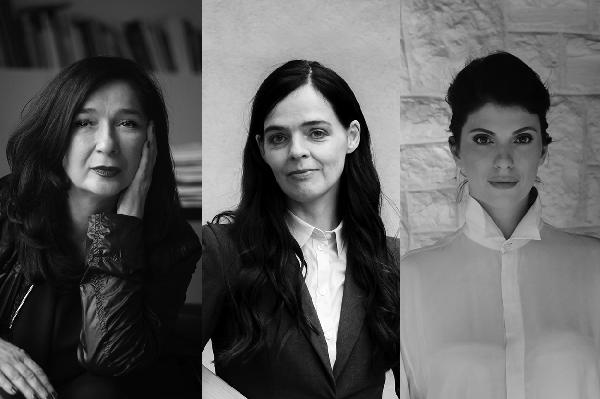
PANEL TALK: Public Discussion: Curating the Periphery
Irfan Hošić in conversation with Zdenka Badovinac, Molly Haslund and Šejla Kamerić
Curating the Periphery is an informal but comprehensive project which aims to establish protocols and create tools for total engagement within which new values are formed in the socially neglected environment of the northwestern Bosnian city of Bihać. Using curatorial practice with the intention of intervening in socially relevant processes, the project deals with the challenges of working in the field of contemporary culture and art in a context characterized by post-war, post-socialist and post-industrial trends. Respecting local characteristics and keeping in mind the urgency of the moment, Curating the Periphery consciously avoids passive audiences and strives to establish and strengthen the community.
The discursive program marked by a conversation with Zdenka Badovinac, long-time director of Modern Art in Ljubljana, now the director of the Museum of Contemporary Art in Zagreb, artists Molly Haslund (Copenhagen) and Šejla Kamerić (Sarajevo), reflects on art interventions in the public space of Bihać in the last few years. By placing art objects on the streets, squares, facades and shores of the city, the intention is to initiate a critical discussion about important but neglected topics using the strategies of politicization of public space. Outdoor interventions instigate engagement as they speak about the relationship between art, ecology and social action.
Curating the Periphery is a project which contemplates the distance between the artistic image and real life in the context of the European periphery and a marginalized environment such as Bihać. Additionally, it initiates a discussion on present relevant issues in a traumatized, post-war and post-genocide society. Searching for possible answers to the questions “how to articulate an artistic discourse on the European periphery” and “how to motivate urban reinvention in a post-socialist and post-industrial spatial context”, this conversation focuses on the KRAK Center for Contemporary Culture and its specific geography, which serves as a starting point for understanding the complex political, social and cultural layers within which it operates.